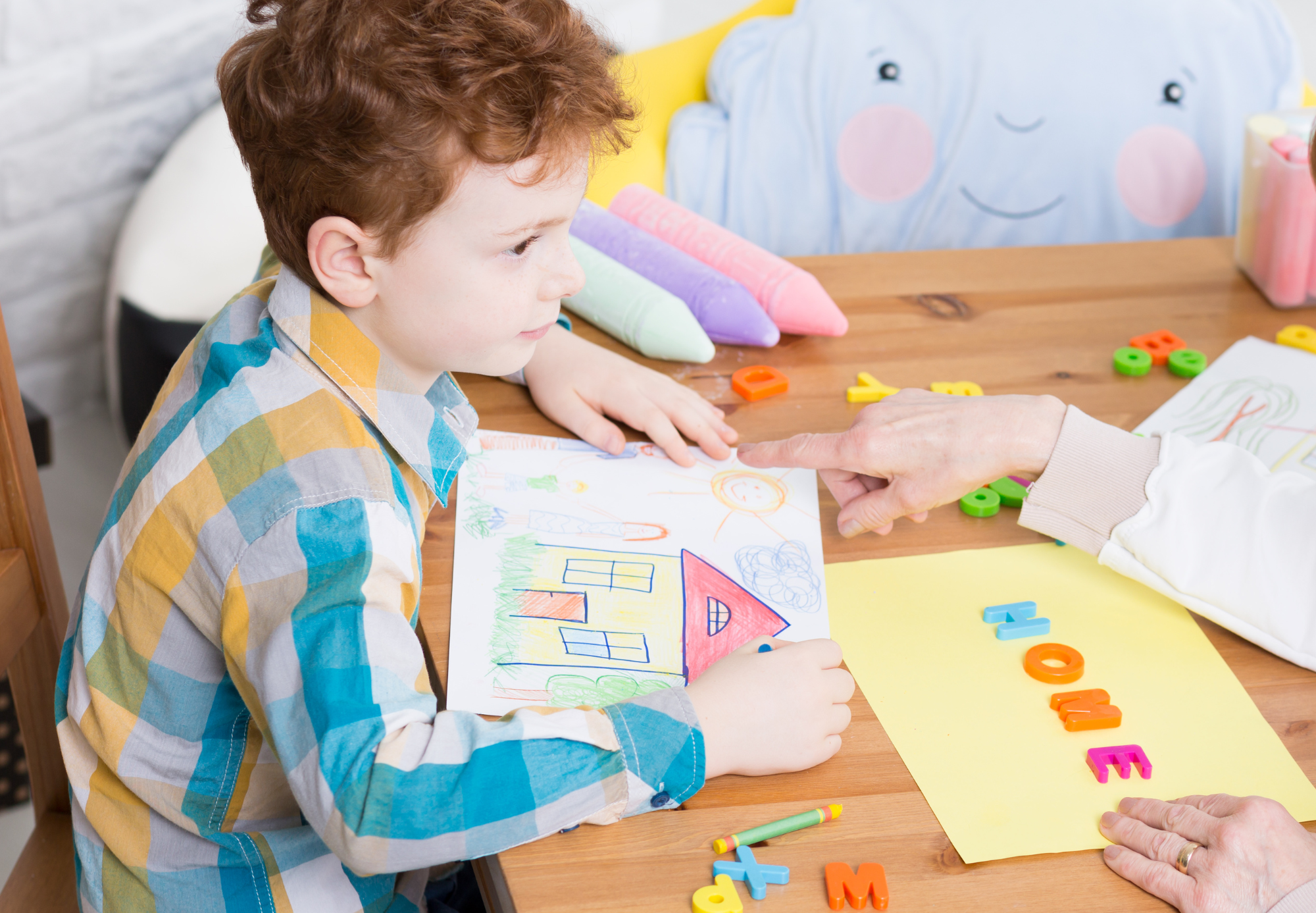Understanding Developmental Language Disorder (DLD)
Developmental Language Disorder (DLD) is a condition that affects a significant number of children, impacting their ability to understand and use spoken language effectively. It is a lifelong condition that requires early identification and targeted intervention to support affected individuals in their communication development.
What is Developmental Language Disorder (DLD)?
DLD is characterised by difficulties with language skills that persist across childhood and into adulthood.
Children with DLD may struggle with:
Understanding and using vocabulary
Constructing sentences
Using language in social contexts
Understanding complex language structures
Learning to read and write
Importance of Early Identification and Intervention
Early identification of DLD is crucial for effective intervention. Children with DLD may not outgrow their language difficulties without targeted support. Speech pathologists play a key role in assessing and diagnosing DLD, as well as developing individualised therapy plans to improve language skills.
Resources in Australia
One valuable resource for families and professionals seeking information and support for DLD in Australia is the Speech Pathology Australia (SPA) website. SPA provides comprehensive resources, including:
Information on DLD: Detailed explanations of DLD, its symptoms, and how it affects children.
Find a Speech Pathologist: A directory to locate qualified speech pathologists who specialize in DLD assessment and therapy.
Publications and Research: Access to articles, guides, and research papers related to DLD and speech pathology.
Professional Development: Opportunities for speech pathologists to enhance their skills and knowledge in managing DLD.
How SPA Supports Families and Professionals
SPA is committed to raising awareness about DLD and ensuring that families and professionals have access to the resources and support they need. By promoting early identification, evidence-based interventions, and ongoing research, SPA contributes significantly to improving outcomes for individuals affected by DLD.
Conclusion
Developmental Language Disorder is a complex condition that requires specialized intervention and support. Through early identification and targeted therapy, children with DLD can develop stronger language skills and thrive in their academic and social environments. Visit the Speech Pathology Australia website to learn more about DLD and how qualified speech pathologists can help.
For more information and resources, visit Speech Pathology Australia.

